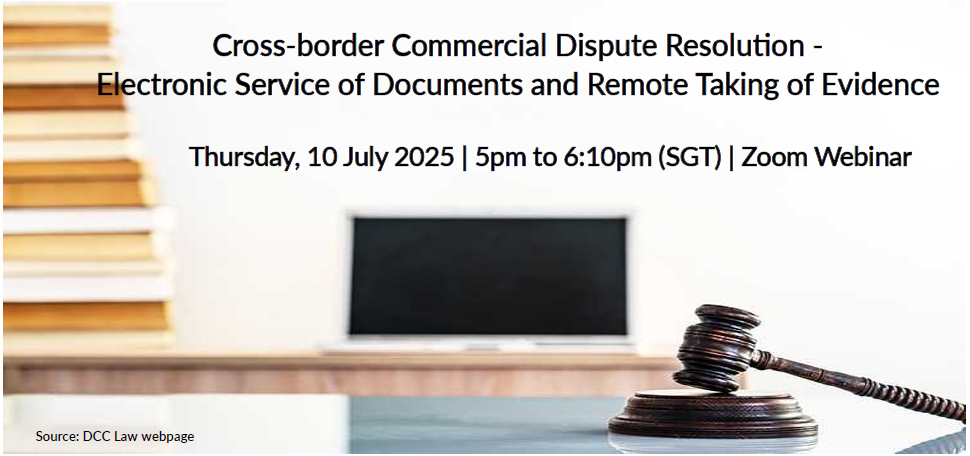
On 8 Nov. 2024, the Standing Committee of the National People’s Congress (China’s top legislature) passed the Preschool Education Law of the People’s Republic of China, which will come into effect on 1 June 2025.
The Law emphasizes that preschool education should adhere to the principle of being most beneficial to preschoolers, and provide them with special and prioritized protection. According to this Law, China’s preschool education is based on public welfare and inclusive benefits, guided and mainly organized by the government, and centered on vigorously developing inclusive preschool education resources.
In response to widespread discussions in Chinese society regarding the “primary-school-style” approach to preschool education, the Law explicitly prohibits kindergartens from adopting primary school teaching methods. It also requires primary schools to follow the curriculum standards for zero-based teaching.
Highlights include:
- Kindergartens shall adhere to the principle of combining nursing care and education, be open to all preschoolers, and pay attention to individual differences and the cultivation of good habits. They shall also create a suitable living and activity environment which is conducive to preschoolers’ physical and mental health.
- The government will establish a funding system for preschool education, which provides financial support for children from economically disadvantaged families to access inclusive preschool education.
- No entity or individual is allowed to organize preschoolers to participate in commercial activities, competitions or other activities that are against the pattern of preschoolers’ physical and mental development or are inappropriate for their age.
Contributors: CJO Staff Contributors Team









